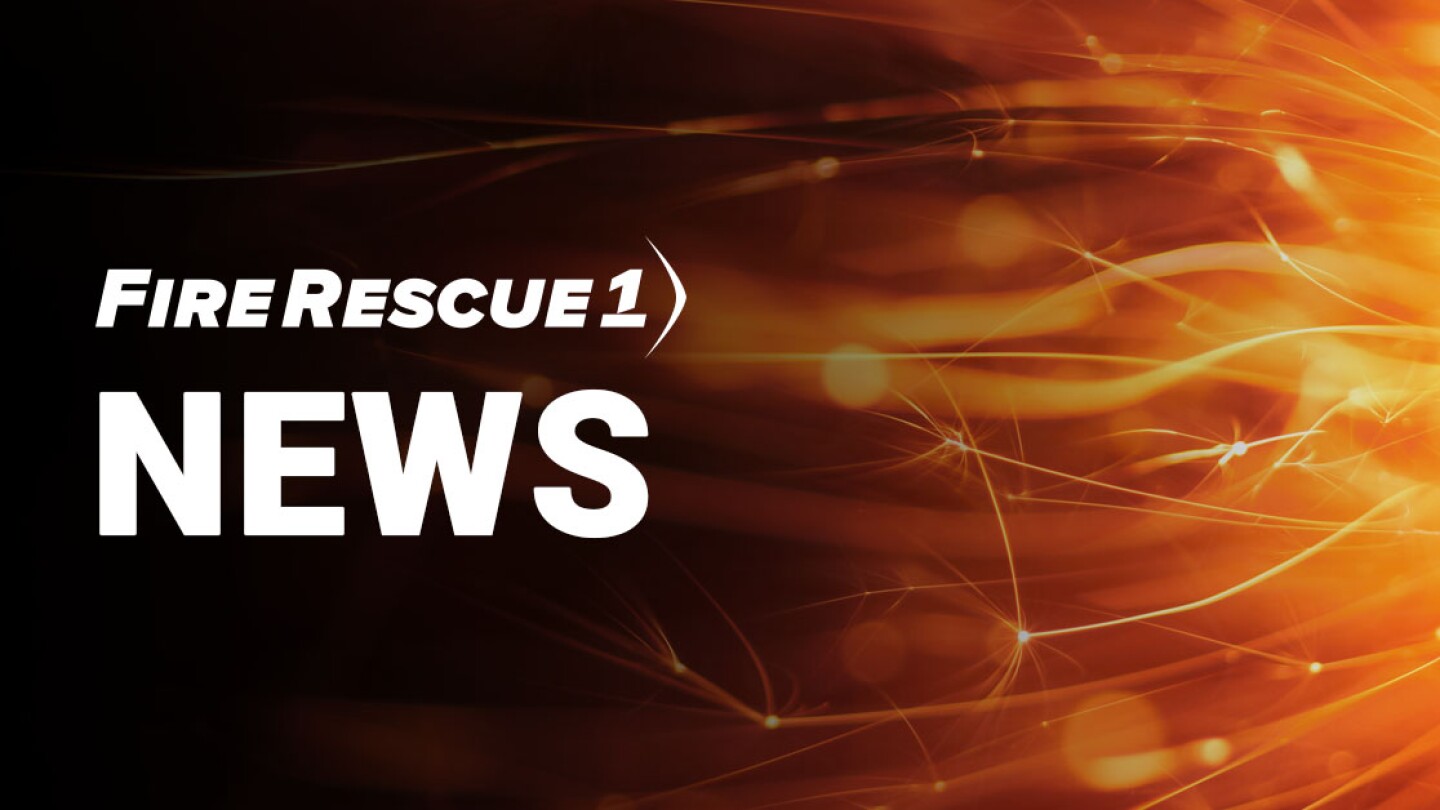It comes back to the IAFF a lot.. Serious question - can anyone provide any documented evidence of the IAFF fighting education requirements? I'm not saying they aren't, but I haven't seen it around here.. Heck, in this area, there are several departments that require degrees in order to promote, there are also departments across the nation that require college credit to even apply. I don't think this would be a thing if the IAFF were so aggressively anti-education as it is portrayed here..
the IAFF and most FDs are finally coming around to the idea that their leaders should have degrees..... for decades it's just been time on the department and OJT... you can't deny that...
However, the topic that you are describing is the mandate of a degree to get promoted, not to get hired as an entry level position. those are two different times in a person's career, with the only thing they have in common is a degree is required. The fire service as a whole is (finally) recognizing that their leaders needs bachelors degrees and masters in PA or BA to run a large organization, but there are still plenty that are only asking for experience and a HS diploma. But if you need to be a paramedic, they are fighting that push to mandate associates degrees, because it 1) they are fire departments, and paramedicine is just an ancillary service that they provide and 2) many in the fire service (not you specifically) would give up EMS and their paramedic certs tomorrow if they could, because they have no desire to do EMS for the rest of their career.
In my state, it is historically the volunteer fire chiefs who fight education changes "this is going to cost me a fortune" or "I'll lose all my manpower", as opposed to the IAFF.
that's a different topic altogether, although I will say that often fight those changes because the education before forced on them isn't always entry level stuff. But if they can't handle the new requirements, thank them for their service, have them enjoy their retirement, and bring in someone who will do it.
and if the fire service doesn't want to mandate degrees for paramedics, than it's time to thank them for their service, create a new government funded agency that is ready to walk the walk (and reallocate the funding to the new EMS department to handle EMS from the department that used to do EMS), and raise standards to a level that the public deserves.
I do believe that A&P is a pre-req to get into medic school now (it wasn't when I went).
it is, sort of. all medic programs require some form of A&P. All too often this is A&P for EMS, possibly held online, not a full 8 credit college level anatomy and physiology, with lab, where students are educated and evaluated by non-EMS instructors.
At this point, with the paramedic class being longer than it was when I went, you almost have an AAS just between EMT-B, A&P, and the paramedic class alone..
not even close. As associates degree is 60 credit hours. EMT class is 8 credits (2 days a week, for a semester, from 6pm to 10pm). A&P is 8 credits (4 for part 1, 4 for part 2, including lab). Assuming paramedic is two 4 hour days a week for 12 months, that is 24.... add another 6 for clinical time, and you are are at 46 credits... still 14 short of an associates degree, almost 25% short for a full degree (and most paramedic programs don't require college level A&P with lab).

